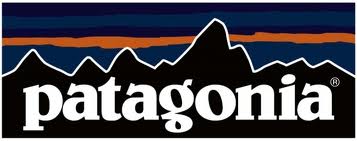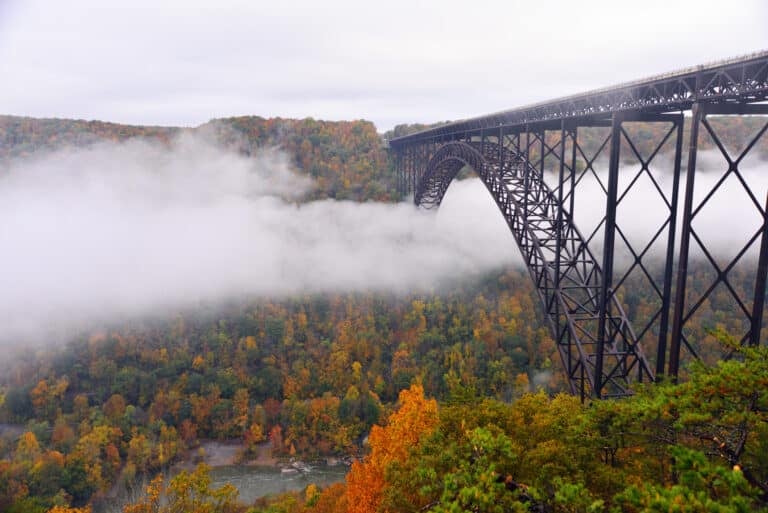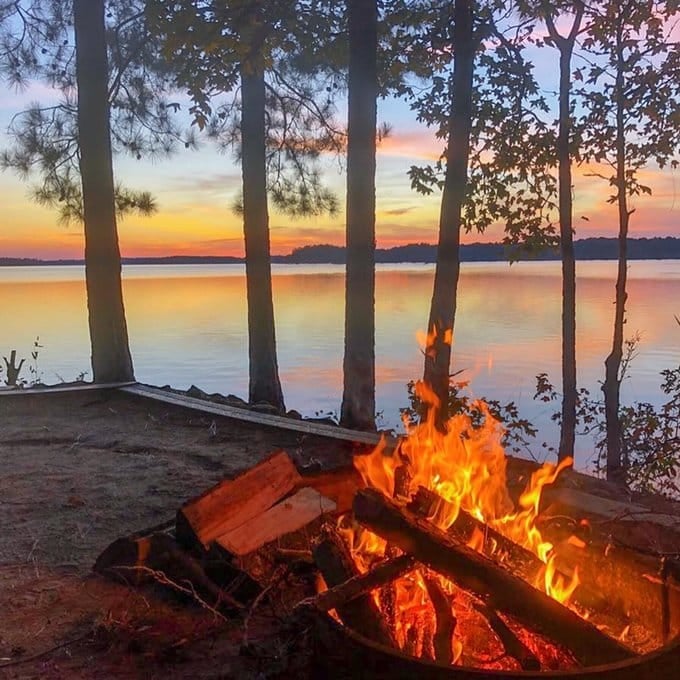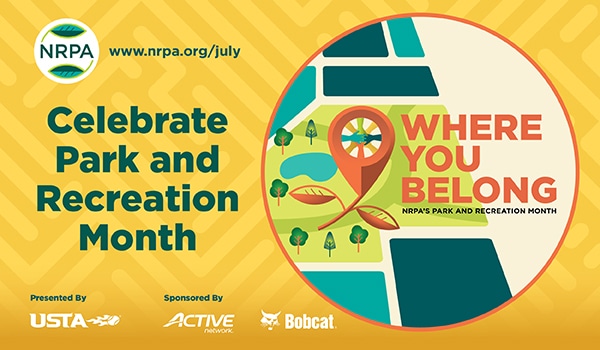Outdoor retail powerhouse Patagonia is implementing a bold new sales strategy based on…wait for it…people not buying their merchandise.
The brand recently announced a partnership with online auction house eBay that encourages both potential consumers and owners of Patagonia gear to sell and purchase used goods on the internet. They are also asking that people not buy their gear, or anything, unless they really, really need it.
The partnership, part of their longstanding Common Threads Initiative, urges the use of the ‘5 R’s’: reduce, repair, recycle, reuse, and re-imagine a “world where we take only what nature can replace.” To become a member of the Patagonia exclusive shop on eBay, one must pledge their loyalty to the said R’s. They hope to achieve 50,000 pledges by the end of the year.
Although this not-buying campaign may seem counter-intuitive from a sales and marketing standpoint, Patagonia has always been on the leading edge of environmental issues. As a result, the brand has become synonymous with environmentally conscious consumerism. This is just Patagonia’s latest effort to reduce the company’s—and their consumer’s—carbon footprint.
This experiment in sustainable retail production is a first from a major outdoor brand, and it has the potential to cut into potential sales figures, especially since Patagonia will not profit from the resale of any of its garments or equipment. They are urging people not only to buy used Patagonia products, but also to dig out old gear from the backs of closets to sell to the next outdoor enthusiast looking for a new puffy jacket. In a down economy, and with the explosion of ‘green’ thinking in the marketplace, this could be the first in a series of dominoes.
Outdoor gear hand-me-downs and pass-alongs have been around since the birth of the industry, especially with the prices of today’s top-of-the-line products. Patagonia has simply organized a place for their specific product to be purchased and sold through eBay and their own website, taking the hassle and potential risk out of selling used gear.
The bottom line is this: the greenest gear is the gear that is already in circulation. People will ultimately still buy new Patagonia products given the trendiness of the brand, but will this ecologically sustainable business plan be economically unsustainable in the long run? Or will it end up winning over even more customers by proving that Patagnoia looks beyond the bottom line?








